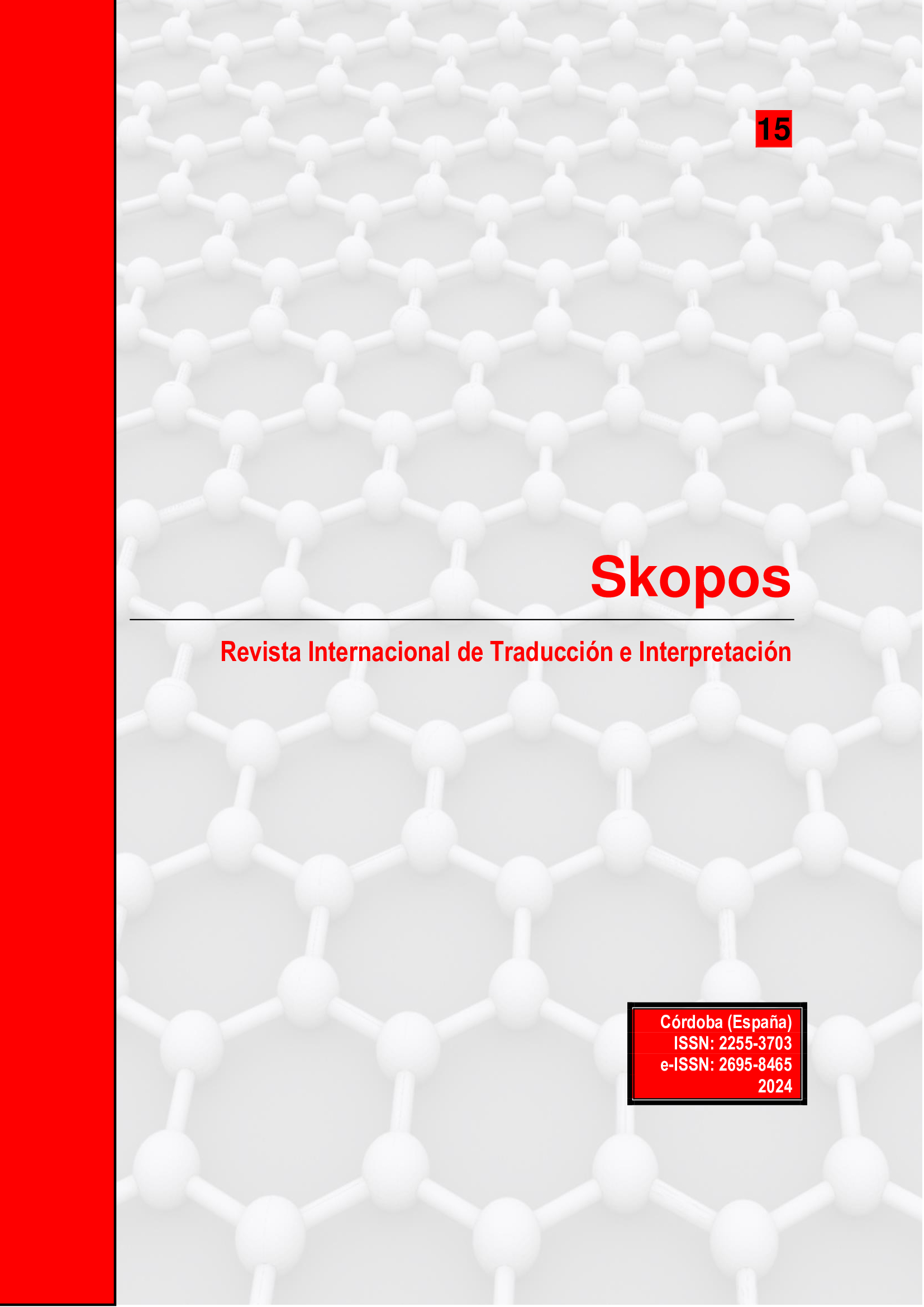“Tres Estricteces y Tres Solideces”: ideología, traducción y discurso político chino
Three Stricts and Three Steadies”: ideology, translation and Chinese political discourse
Abstract
Abstract: This article focuses on the translation of China’s ideological discourse and political doctrine and their international dissemination. In the global arena, political discourse plays a significant, as the decisions and positions of political entities, although originating in specific geographical and cultural contexts, have impacts and consequences that transcend borders and affect other countries and regions. In this context, translation acts not only as a tool for transmitting linguistic information but also as a cultural and political bridge, thereby increasing its importance. Based on the theoretical frameworks of skopos theory, Venuti’s invisibility of translators and the critical discourse analysis theories of Van Dijk and Fairclough, this paper aims to 1) present Chinese political discourse and its institutional translation and summarizing its features; 2) reveal the internal connection between the inherent sensitivity of Chinese political discourse, its institutional translation and ideological manipulation, and 3) explore potential ideological manipulation in the translation of Chinese political discourse.
Keywords: political discourse, translation, Chinese, Spanish, ideology
Downloads
Published
How to Cite
Issue
Section
License
Política propuesta para revistas que ofrecen acceso abierto. Aquellos autores/as que tengan publicaciones con esta revista, aceptan los términos siguientes:
- Los autores/as conservarán sus derechos de autor y garantizarán a la revista el derecho de primera publicación de su obra, el cuál estará simultáneamente sujeto a la Licencia de reconocimiento de Creative Commons que permite a terceros compartir la obra siempre que se indique su autor y su primera publicación esta revista.
- Los autores/as podrán adoptar otros acuerdos de licencia no exclusiva de distribución de la versión de la obra publicada (p. ej.: depositarla en un archivo telemático institucional o publicarla en un volumen monográfico) siempre que se indique la publicación inicial en esta revista.
- Se permite y recomienda a los autores/as difundir su obra a través de Internet (p. ej.: en archivos telemáticos institucionales o en su página web) antes y durante el proceso de envío, lo cual puede producir intercambios interesantes y aumentar las citas de la obra publicada. (Véase El efecto del acceso abierto).






